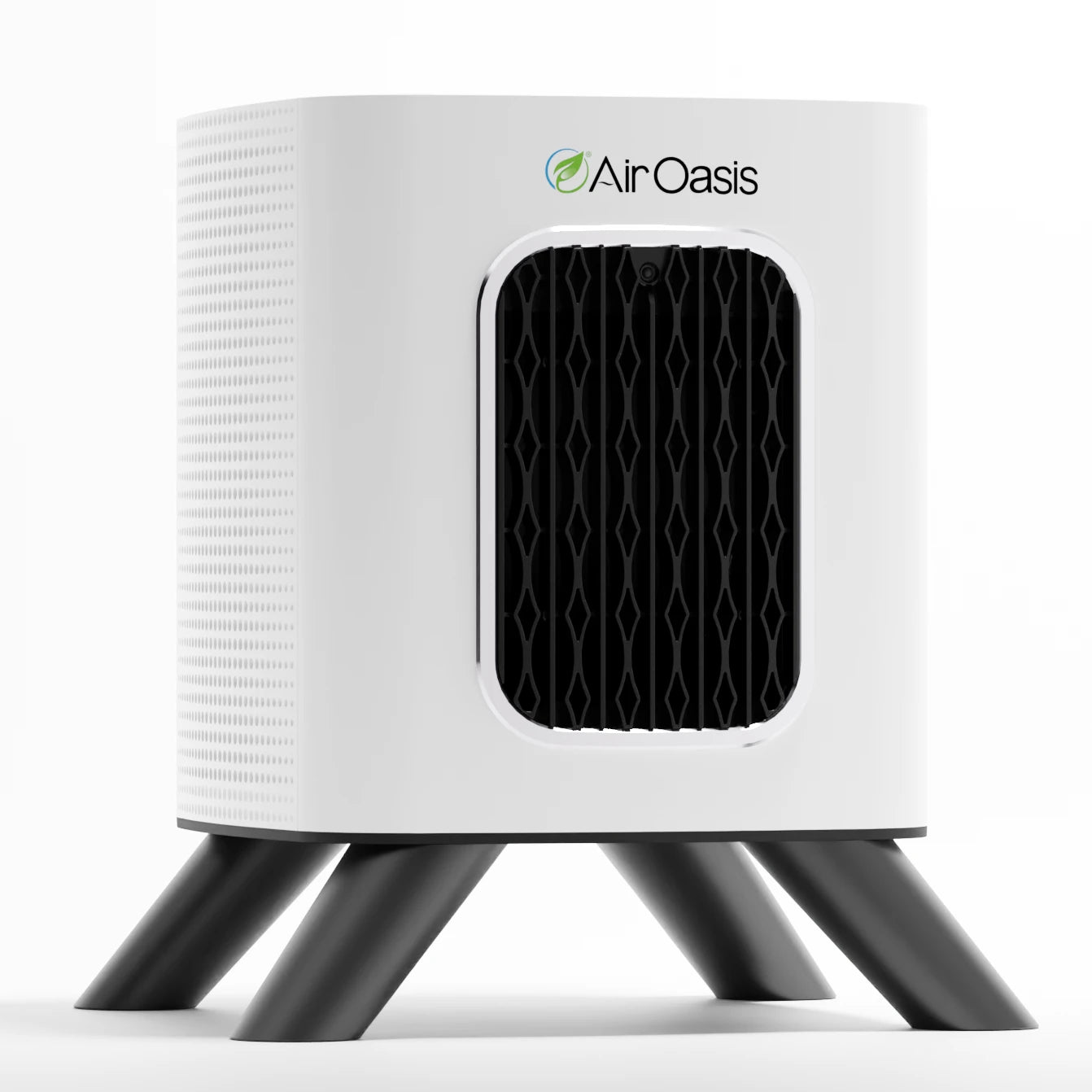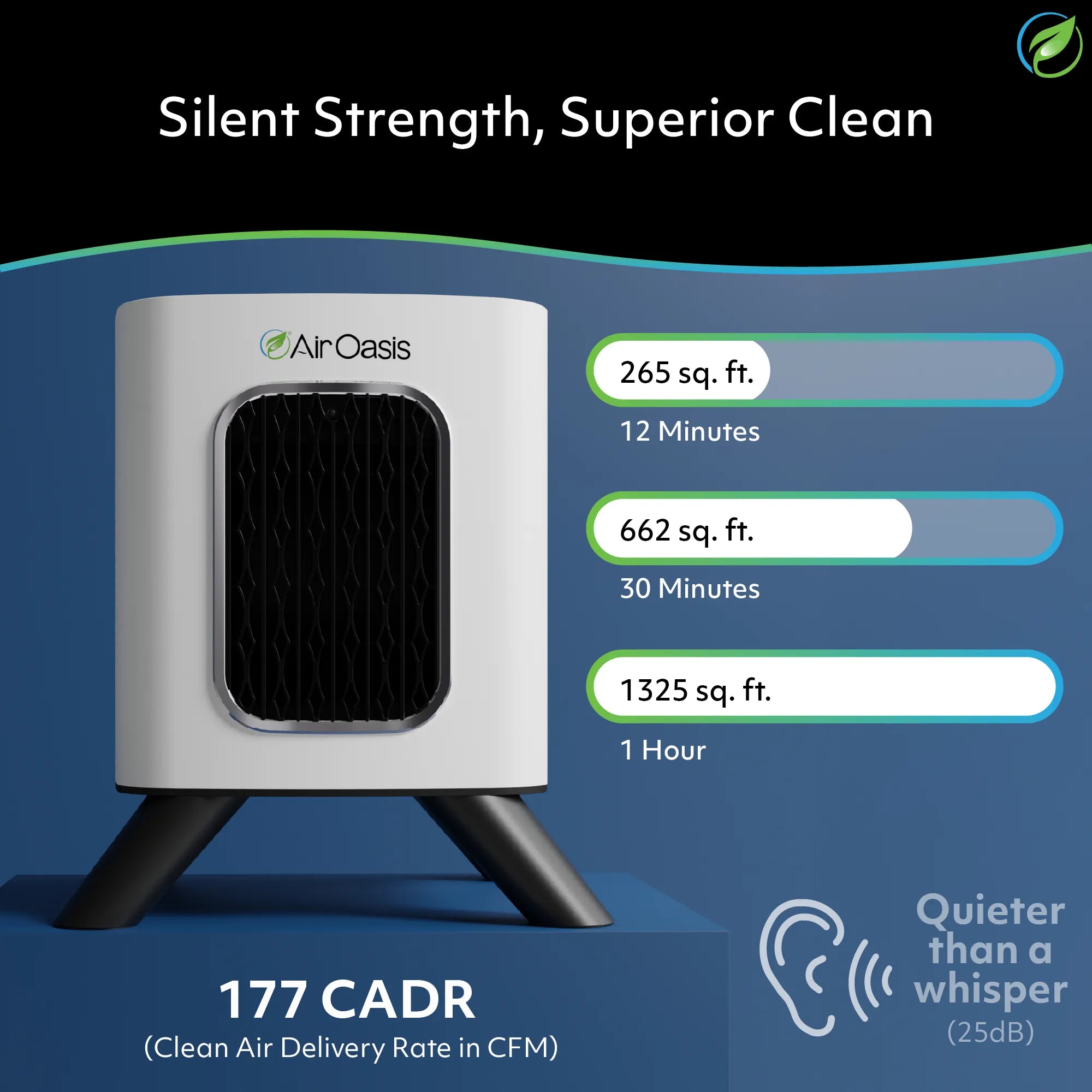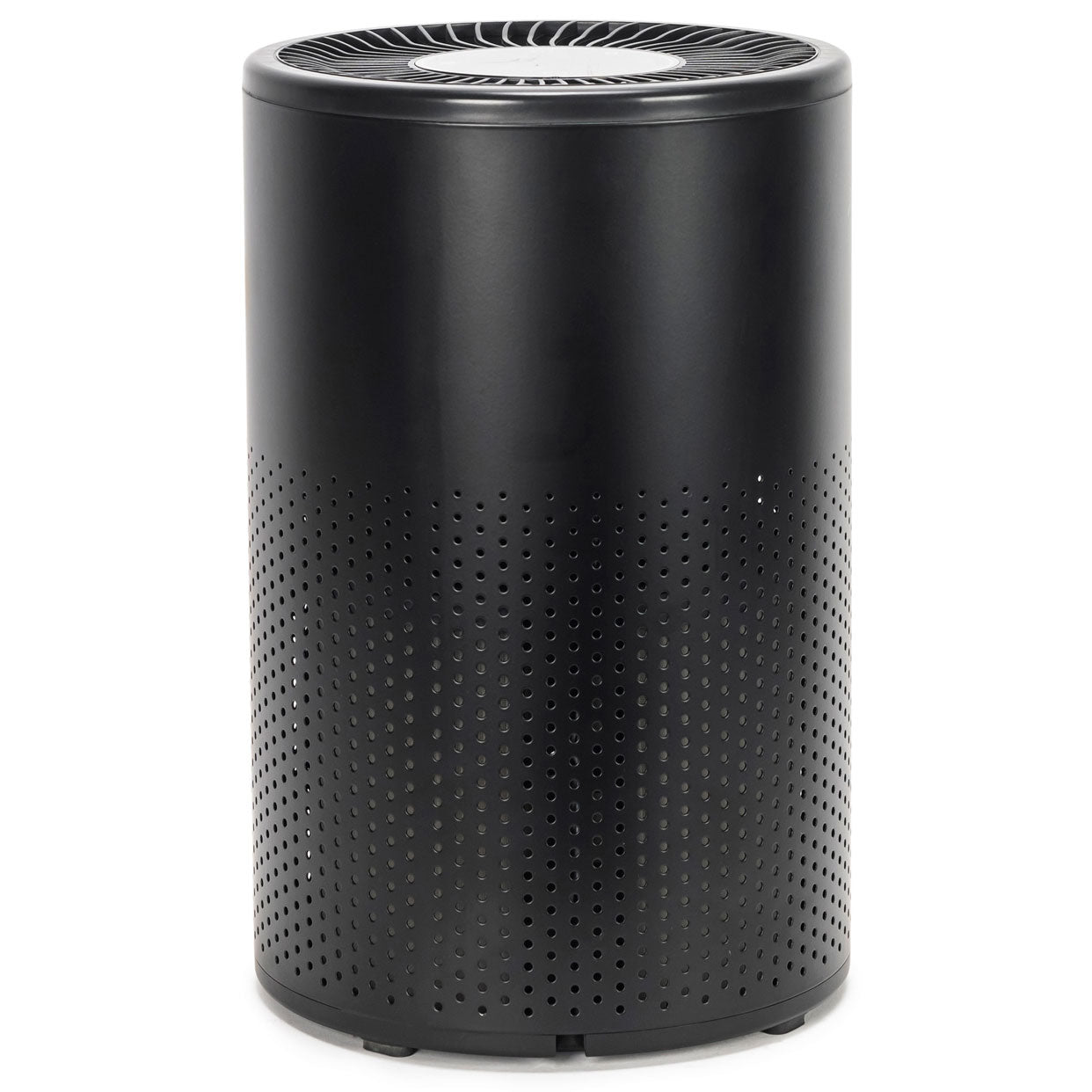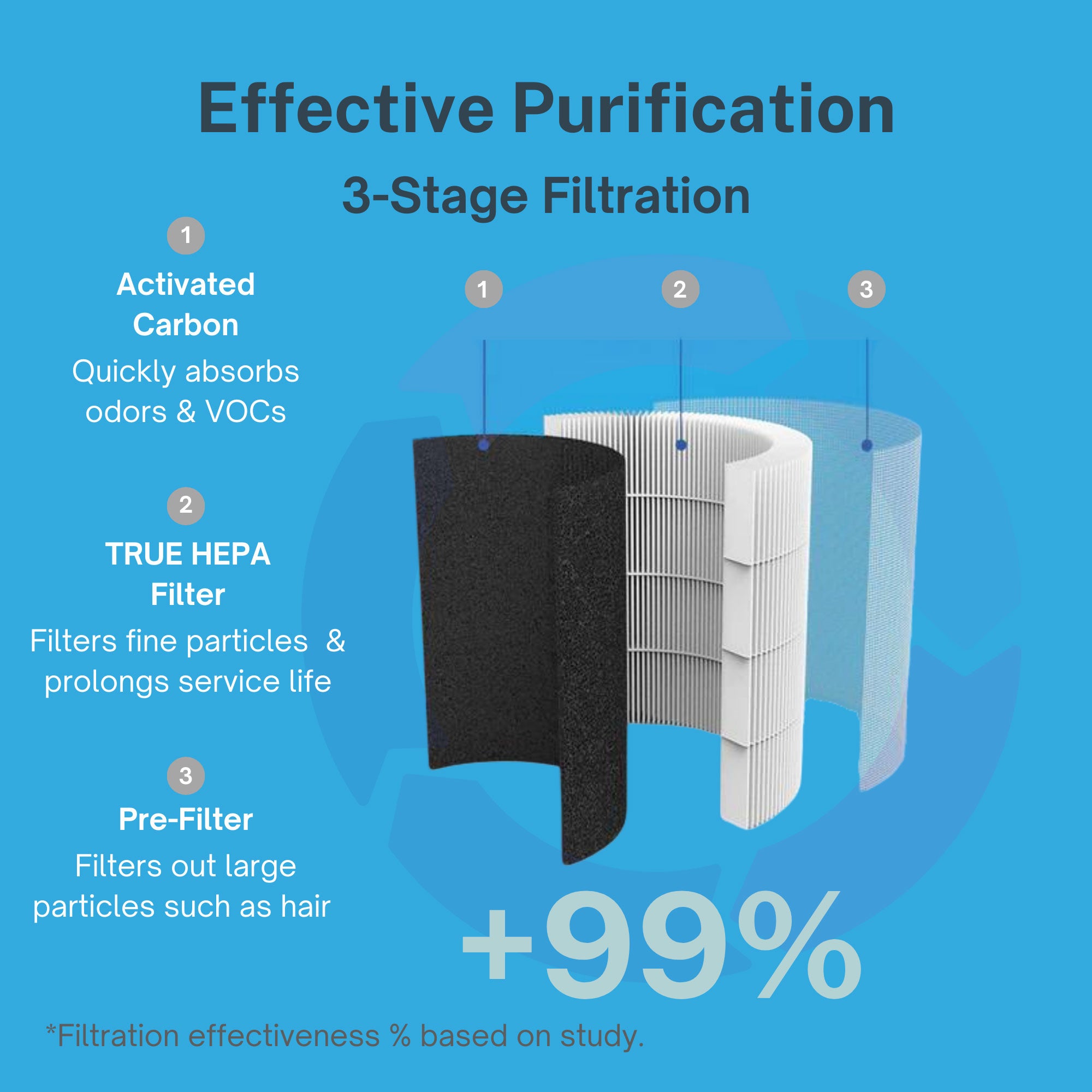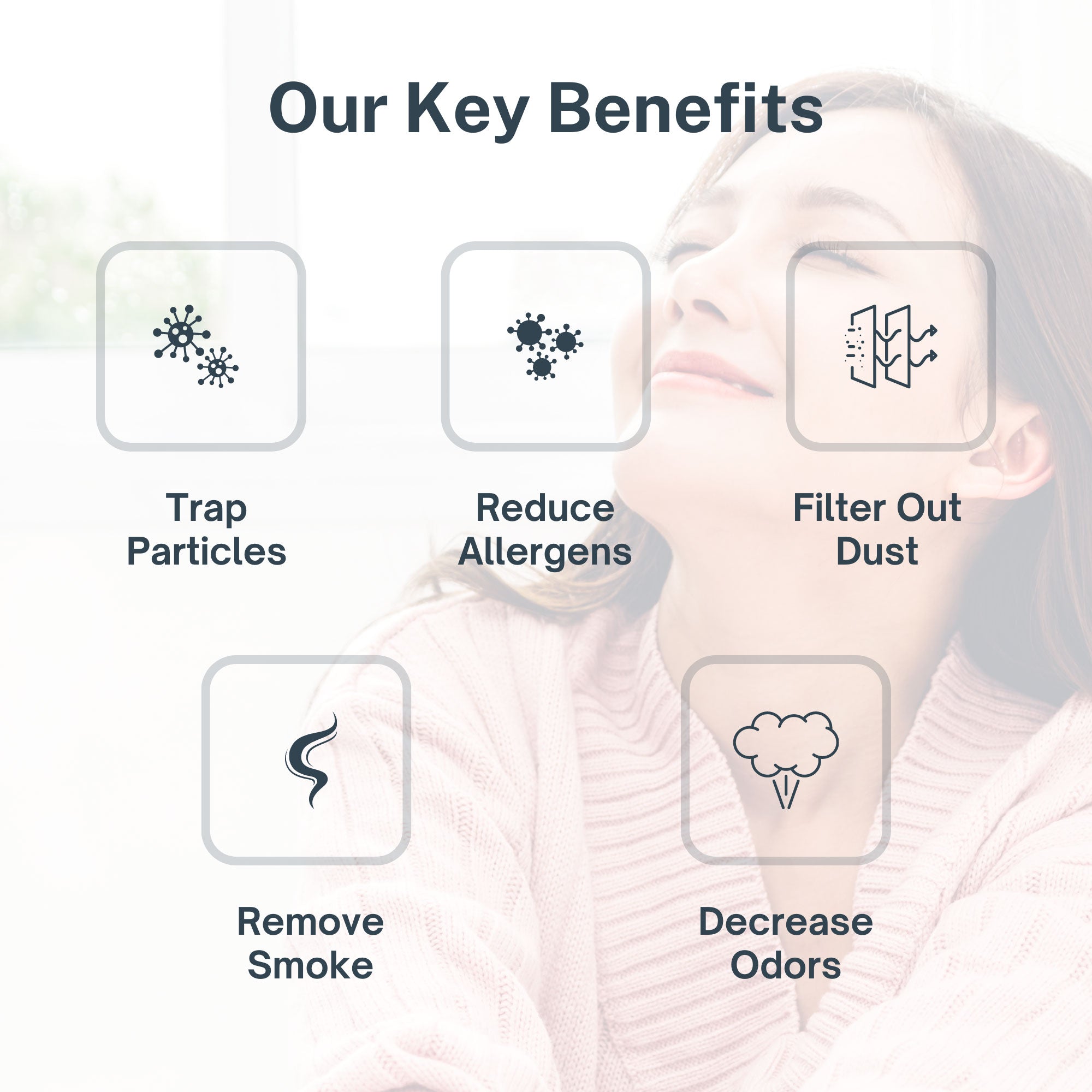In the realm of holistic wellness, few substances boast the versatility and potency of tea tree essential oil. Extracted from the leaves of the Melaleuca alternifolia tree, native to Australia, this remarkable oil has been revered for centuries for its myriad therapeutic properties. From skincare to aromatherapy, its benefits span a wide spectrum, making it a staple in many households and natural medicine cabinets worldwide.
A Brief History
Tea tree oil's usage traces back centuries among indigenous Australian communities, who recognized its potent medicinal properties. Traditionally, it was employed to treat various ailments, ranging from skin infections to respiratory issues. The oil gained widespread recognition in the broader world during World War II, when Australian soldiers carried it as a first-aid treatment.
The Science Behind Tea Tree Oil
The key to tea tree oil's efficacy lies in its rich chemical composition, featuring compounds such as terpinen-4-ol, cineole, and alpha-terpineol. These constituents imbue the oil with antimicrobial, anti-inflammatory, and antiseptic properties, making it a formidable tool against various pathogens, including bacteria, fungi, and viruses.
Healing Benefits
1. Skin Savior
Tea tree oil's antiseptic properties make it a potent remedy for various skin conditions, including acne, eczema, and fungal infections like athlete's foot and nail fungus. When applied topically, it helps cleanse the skin, reduce inflammation, and promote faster healing without the adverse effects often associated with synthetic treatments.
2. Respiratory Relief
Inhaling tea tree oil vapor can provide relief from respiratory ailments such as colds, coughs, and sinus infections. Its expectorant properties help loosen mucus and alleviate congestion, facilitating easier breathing and promoting faster recovery from respiratory illnesses.
3. Scalp and Hair Care
Tea tree oil is a popular ingredient in hair care products due to its ability to combat dandruff, dry scalp, and fungal infections such as scalp ringworm. Adding a few drops to shampoo can help soothe irritation, reduce flakes, and promote healthier hair and scalp.
4. Natural Household Cleaner
Thanks to its potent antimicrobial properties, tea tree oil is a valuable addition to DIY household cleaners. From disinfecting kitchen surfaces to freshening laundry, it provides a natural alternative to harsh chemical-laden products, ensuring a clean and healthy living environment.
5. Aromatherapy Aid
The invigorating aroma of tea tree oil is not only refreshing but also has mood-boosting and stress-relieving effects. Diffusing it in the home or adding a few drops to bathwater can promote relaxation, alleviate mental fatigue, and enhance overall well-being.
Safety Considerations
While tea tree oil offers a plethora of benefits, it's essential to use it responsibly to avoid adverse reactions. Diluting it with a carrier oil like coconut or jojoba oil is crucial, especially for topical application, as undiluted tea tree oil may cause skin irritation in some individuals. Additionally, it's advisable to perform a patch test before using tea tree oil on larger areas of the skin to ensure compatibility.
Conclusion
Tea tree essential oil stands as a testament to nature's healing prowess, offering a holistic approach to health and well-being. From skincare to household cleaning, its versatile applications and potent therapeutic properties make it a valuable addition to any natural wellness toolkit. As we continue to explore the wonders of traditional remedies, let us not overlook the remarkable benefits that tea tree oil has to offer.




